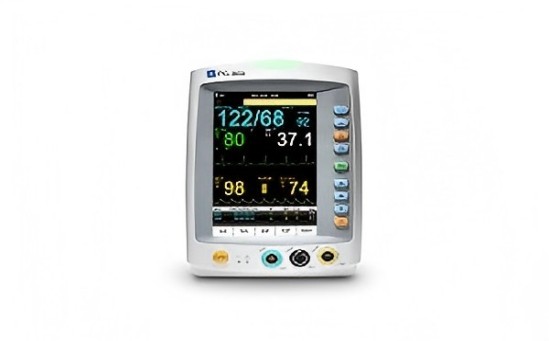What Are the Vital Signs Monitors?
-
2024-01-19
-
LEPU

When it comes to monitoring our health, there are various devices and technologies available that can help us keep track of our vital signs. One such device is the vital signs monitor. In this blog post, we will delve into what a vital signs monitor is, how it works, and why it is an important tool for healthcare professionals and individuals alike.
Introduction to Vital Signs Monitor
Vital signs refer to the measurements of essential bodily functions that provide vital information about a person's overall health. These include body temperature, heart rate, blood pressure, and respiratory rate. A vital signs monitor is a device designed to measure and track these crucial signs accurately and efficiently.
How Does a Vital Signs Monitor Work?
A vital signs monitor typically consists of various sensors and a display screen. The sensors are responsible for gathering the necessary data, such as body temperature, via contact with the individual's body. This data is then processed and displayed on the screen for easy interpretation.
Different vital signs monitors may have additional features, such as the ability to measure blood oxygen levels (pulse oximetry) or even detect irregular heart rhythms (ECG monitoring). These advanced features provide healthcare professionals with a more comprehensive understanding of a patient's health status.
Importance of Vital Signs Monitoring
Regular monitoring of vital signs is crucial for healthcare professionals to assess a patient's overall health condition accurately. By continuously tracking vital signs, any abnormalities or changes that may indicate an underlying health issue can be promptly identified and addressed. This is particularly important in critical care settings where early detection of deterioration can be a matter of life and death.
Additionally, vital signs monitoring is not limited to hospitals and medical settings. Many individuals with chronic health conditions can benefit from having a personal vital signs monitor at home. This enables them to keep a close eye on their health and quickly notice any concerning changes, allowing for timely intervention and medical advice.
Benefits and Considerations
Using vital signs monitors offers several benefits both for healthcare professionals and individuals. For healthcare professionals, these devices provide a convenient and efficient way to monitor multiple patients simultaneously, providing real-time data for accurate diagnosis and treatment decisions.
For individuals, vital signs monitors offer a sense of empowerment and enable them to take a more active role in managing their health. By regularly monitoring their vital signs at home, individuals can potentially detect early warning signs of health problems and seek medical attention before the situation worsens.
However, it is essential to note that vital signs monitors should not replace professional medical advice. They should be used as a tool for monitoring and tracking, providing additional information for healthcare professionals to make informed decisions. Regular check-ups with healthcare providers are always necessary for a comprehensive assessment of one's health.
In conclusion, vital signs monitors are essential devices for monitoring and tracking vital signs such as body temperature, heart rate, blood pressure, and respiratory rate. Whether used in a healthcare setting or at home, these monitors play a crucial role in early detection of health issues and can potentially save lives. However, it is important to remember that vital signs monitors should be used in conjunction with professional medical advice for a holistic approach to healthcare.
